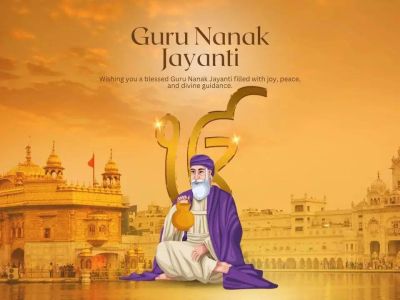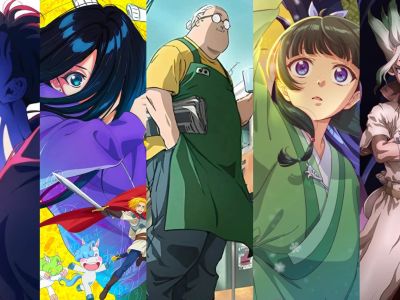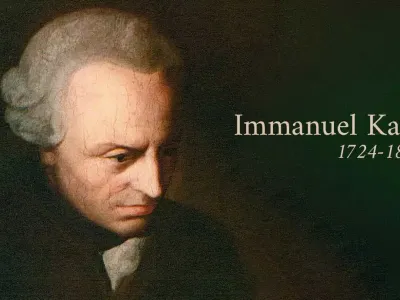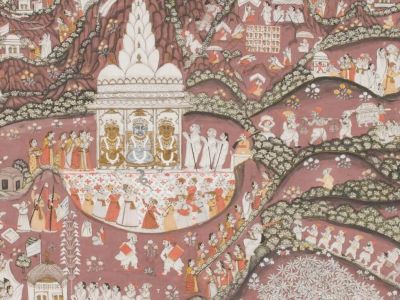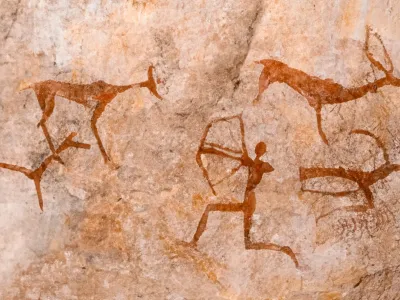No Raksha Bandhan: A Critical Perspective on Gender and Cultural Dynamics
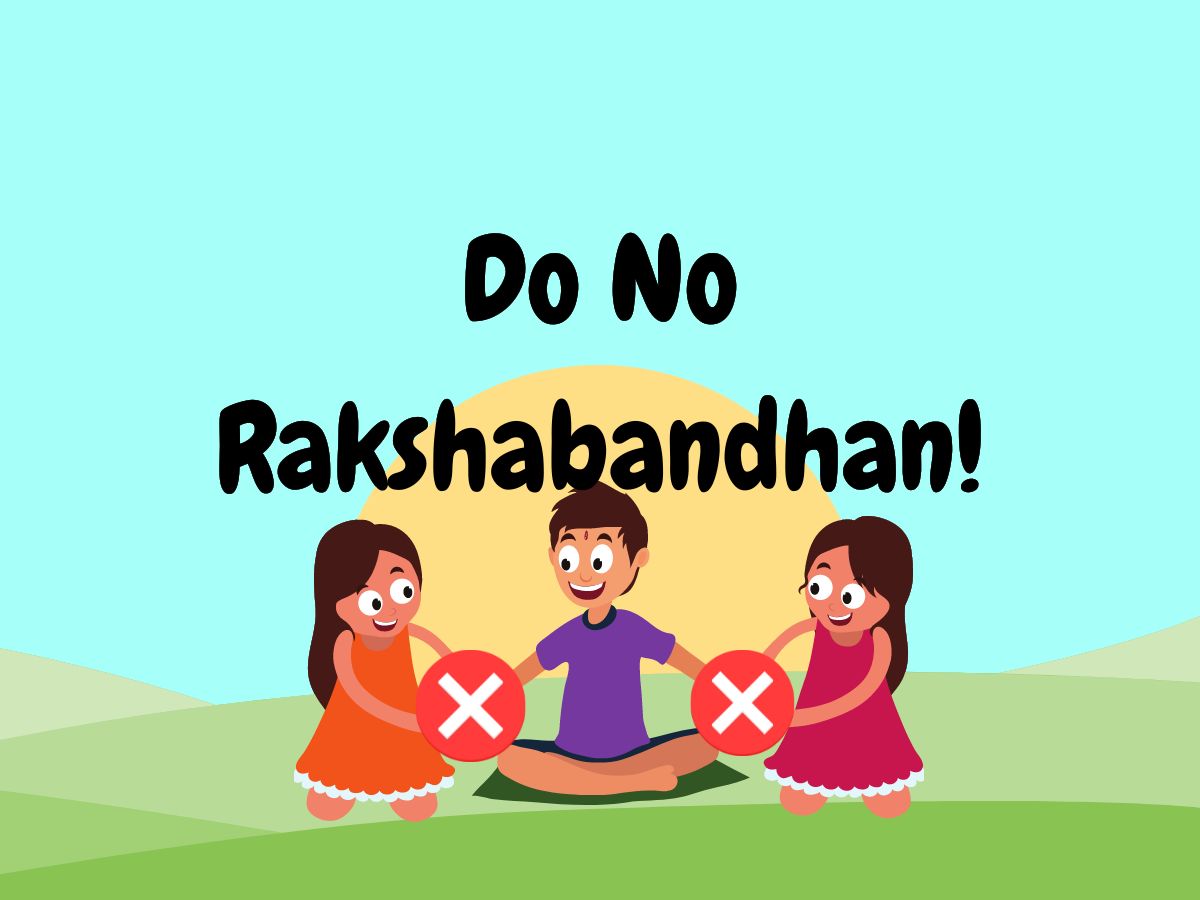
Raksha Bandhan, traditionally celebrated in India, is a festival where sisters tie a rakhi (a sacred thread) around their brothers' wrists, symbolizing their bond and the brother's promise to protect the sister. While this celebration is cherished by many, it's essential to critically examine its implications, especially regarding gender roles and the portrayal of women within the framework of Hindu dharma.
Historical Context and Evolution
Raksha Bandhan has its roots in ancient Indian traditions, evolving over centuries. Originally, it symbolized protection and mutual care, not just among siblings but also between different groups and communities. However, over time, it has largely come to represent a specific gender dynamic: the brother as the protector and the sister as the one in need of protection.
The Gendered Narrative
The narrative of protection is deeply embedded in the celebration of Raksha Bandhan. It suggests that women inherently require safeguarding, often by men. This can be interpreted as reinforcing patriarchal views, where women are seen as vulnerable and dependent on male protection. Such perspectives can perpetuate stereotypes about women's fragility and men's dominance.
Reinforcing Patriarchy: By celebrating the idea that brothers need to protect their sisters, Raksha Bandhan can reinforce the notion that women are inherently weaker and need male guardianship. This perspective can perpetuate patriarchal norms, limiting the perception of women as independent and capable individuals.
Dependence vs. Empowerment: The festival can imply that a woman's safety and well-being are contingent upon male intervention. This can be demeaning as it undermines women's agency and ability to protect themselves. In a modern context, this can clash with the principles of gender equality and women's empowerment.
Implications for Hindu Dharma
Hindu dharma, with its rich and diverse philosophical underpinnings, emphasizes balance, equality, and mutual respect among all beings. The gendered aspect of Raksha Bandhan can be seen as a deviation from these core values:
Distortion of Dharma: The portrayal of women needing protection can distort the true essence of Hindu dharma, which advocates for the inherent strength and divinity in every individual, regardless of gender.
Misrepresentation of Shakti: Hinduism venerates the concept of Shakti, the divine feminine power. Women are often depicted as embodiments of this powerful force. The festival's current narrative can undermine this concept by portraying women as dependent on male protection rather than being powerful protectors themselves.
Moving Towards a Balanced Interpretation
To align Raksha Bandhan with contemporary values of gender equality and the true spirit of Hindu dharma, it is crucial to reinterpret its significance:
Mutual Respect and Care: Emphasize the aspect of mutual protection and care. Brothers and sisters can both pledge to support and protect each other, reflecting a more balanced and egalitarian relationship.
Empowerment over Protection: Focus on empowering women rather than merely protecting them. Celebrate the festival as a reminder of the strength and capabilities of both genders, promoting equality and mutual respect.
Cultural Evolution: Encourage evolving cultural practices to reflect modern values. Festivals and traditions can adapt to reinforce positive societal changes rather than perpetuate outdated stereotypes.
While Raksha Bandhan is a beloved tradition for many, it is essential to critically examine its underlying messages about gender roles. By reinterpreting the festival to emphasize mutual respect, care, and empowerment, we can honor the true essence of Hindu dharma and promote a more inclusive and egalitarian society. Or altogether dont celebrate it as it end up into such belief, also this way keep the consciousness liberated from such means.
And It is not just about Hindu Dharma, in many other Dharma(religion) there might exist values that are putting dharma itself under question, judgement whose consequesnces suffered by people unknowingly.
Yet how we transit from that is currently highly celebrated tradition to something that could be better version of dharma
Raksha Bandhan: The Strength of Relationships Beyond Knotted Strings
Raksha Bandhan is a festival celebrated with great enthusiasm across India, symbolized by the tying of a rakhi around a brother's wrist. However, the true strength of relationships lies not in these knotted strings but in the underlying values that bind individuals together.
The Symbolism of the Rakhi
The rakhi, a sacred thread, traditionally signifies a brother's promise to protect his sister. While this is a beautiful gesture, focusing solely on this aspect can overshadow the deeper essence of the bond.
Values Over Symbols
Mutual Respect and Care: True strength in relationships comes from mutual respect and care. It's about recognizing each other's strengths and supporting one another, regardless of gender. This mutual respect forms the foundation of a robust and enduring relationship.
Equality and Empowerment: The festival's traditional narrative can be reinterpreted to emphasize equality and empowerment. Both brothers and sisters can pledge to stand by each other, reflecting a balanced and egalitarian bond.
Shared Values: Values such as trust, understanding, and unconditional support are what truly fortify relationships. Celebrating these values ensures that the bond remains strong, transcending the need for physical symbols.
Reinterpreting Raksha Bandhan
Focus on Core Values: Shift the focus from the ritualistic aspect to the core values that Raksha Bandhan represents. Celebrate the spirit of togetherness, love, and mutual support.
Empower Each Other: Use the occasion to remind each other of your strengths and capabilities. Celebrate the power within each individual, reinforcing the idea that both parties are equally capable of offering support and protection.
Adapt to Current Contexts: Traditions can evolve to stay relevant. Reinterpreting Raksha Bandhan to align with contemporary values of gender equality and mutual respect can make the festival more meaningful and inclusive.
While the rakhi is a beautiful symbol, the true strength of relationships lies in the values that individuals uphold. By focusing on mutual respect, equality, and shared values, we can celebrate Raksha Bandhan in a way that truly honors the spirit of the bond and promotes a deeper, more meaningful connection.
